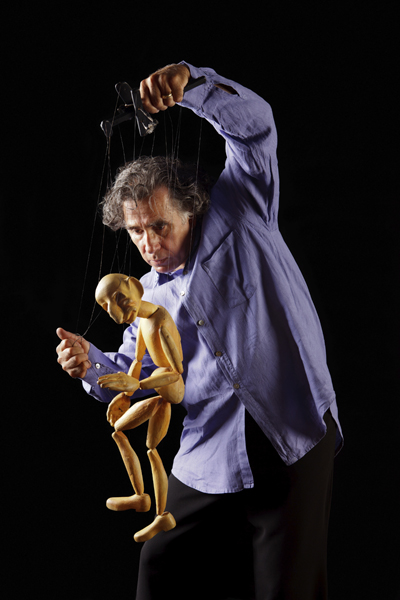
|
You realize, of course, that Plato was a fool—at least as far as his views in The Republic go. So were Thomas More with his Utopia and Karl Marx with whatever he called his Shangri-La, end-of-history, fairytale collective. All such manufactured visions of “ideal” states are actually repressive, manipulative pseudo-cultures that no sane human being would want to live in.
All of them require human beings to act in unnatural ways, suppressing their own interests and desires for the good of the collective. Plato wanted people to be satisfied with the shadow play that their betters cast for them in firelight on the cave wall, and to enjoy no other music than martial tunes to which they could be regimented and marched off to war. Thomas More wanted the countryside divided into counties of equal size, population, and capability, and for people to move around like chess pieces to fulfill the needs of these precincts. Karl Marx thought people would work just as hard in the interests of everyone around them as for themselves and their families and forego their own thoughts and requirements for the good of the whole.
In other words, they thought people were actually little puppets or meat robots with diminutive souls who could be sold on a grand vision—Plato’s, More’s, or Marx’s own—and stay bought and obey forever and ever.
But real human beings aren’t robots, and they won’t be regimented. Each one has needs, dreams, and desires, which may be dulled by societal teachings but not entirely squelched. Each one is born with a perceptive brain and free agency. Human beings will react to ideals about “order” and “community” in terms of their own security and expectations of loss and opportunity. But they won’t care for grand visions that don’t include themselves in some central role, like Christianity’s view of the human soul amid the chaos of the natural world. They care nothing for the design of a society as it might be viewed from outside, by some alien or godlike intelligence.
And people are biologically predisposed to care about their own families: father, mother, sister, brother, wife or husband, sons, and daughters. They have also evolved over maybe two to five million years of hominid development to trust the people they know directly: family, tribe, kinship relations, neighbors, villagers, and other county residents. They care less and less about other humans and their issues the farther away from them these people might live and work, both geographically and temporally, both in terms of personal need and psychological impact. They will share, give to, and cooperate with people they know—their families, neighbors, the town council, and various tradespeople—but they won’t give trust, faith, and allegiance to just anyone, especially those people who are over the horizon, out of sight, and out of mind.
This speaks poorly for any social design that relies too heavily on national, cultural, or racial identity over immediate and personally experienced relationships.
As for Plato’s suggestion about the proper kind of ruler, philosophers don’t want the job of king. Or at least, they won’t fight for it the way Edward IV of England and Margaret of Anjou did during the Wars of the Roses. And saintly, other-directed kings like Margaret’s husband Henry VI generally get ignored or smothered in their beds. Philosopher kings who will come down from their ivory towers and actually do the work of deciding and ruling—and do that job well—are unicorns. You might as well ask that the state be put in the hands of fairy godmothers.
Yes, you may occasionally find in government people with a true desire to serve others and preserve and protect the common good. After all, most people want to do a good job in whatever role they find themselves, and most human beings can be persuaded to adopt the rules and values of any organization they have willingly joined—sometimes even those they have unwillingly been forced into (see “Stockholm syndrome”). Sometimes also, you get “the best and the brightest” to serve in government, but that fortunate outcome always depends on other opportunities in the society at large.
Too often, though, government and the promise of making rules and setting values for other people attracts those with antisocial attitudes, the power hungry, and sometimes the psychotic. Then the least you might fear is the apparatchik, who sees an opportunity to obtain an easy living without too much responsibility, other than appeasing those higher up in the power chain. The more difficult result would be those who want to get paid both in a large salary—supposedly commensurate with the responsibility of their position—and in the psychological pleasure of telling others what to do, but often with the anonymity to duck responsibility for the results of their decisions. And the worst case would be the kind of sociopathic criminal who sees no deterrent to looting the treasury and retiring into a comfortable exile.
Planned societies and wishful thinking are, for me, not the sign of great intelligence but a streak of creativity divorced from personal observation of the real world.
Я очень хотел бы услышать ваш анализ этой темы на примере России.
ReplyDelete